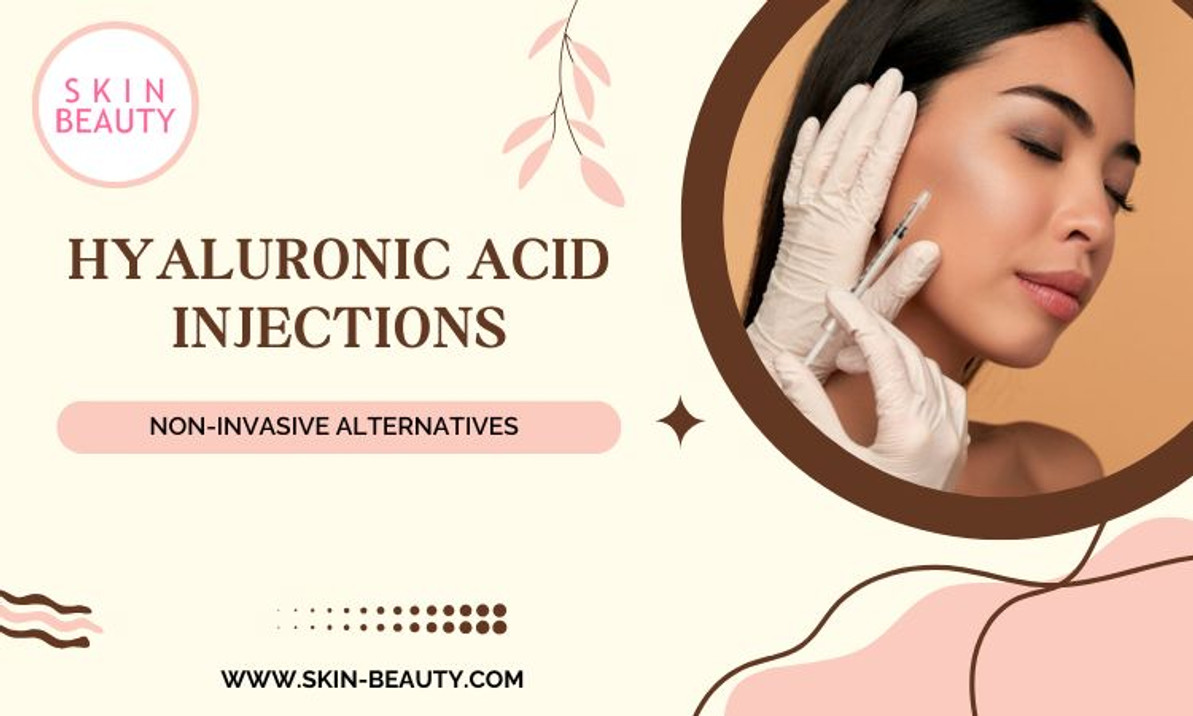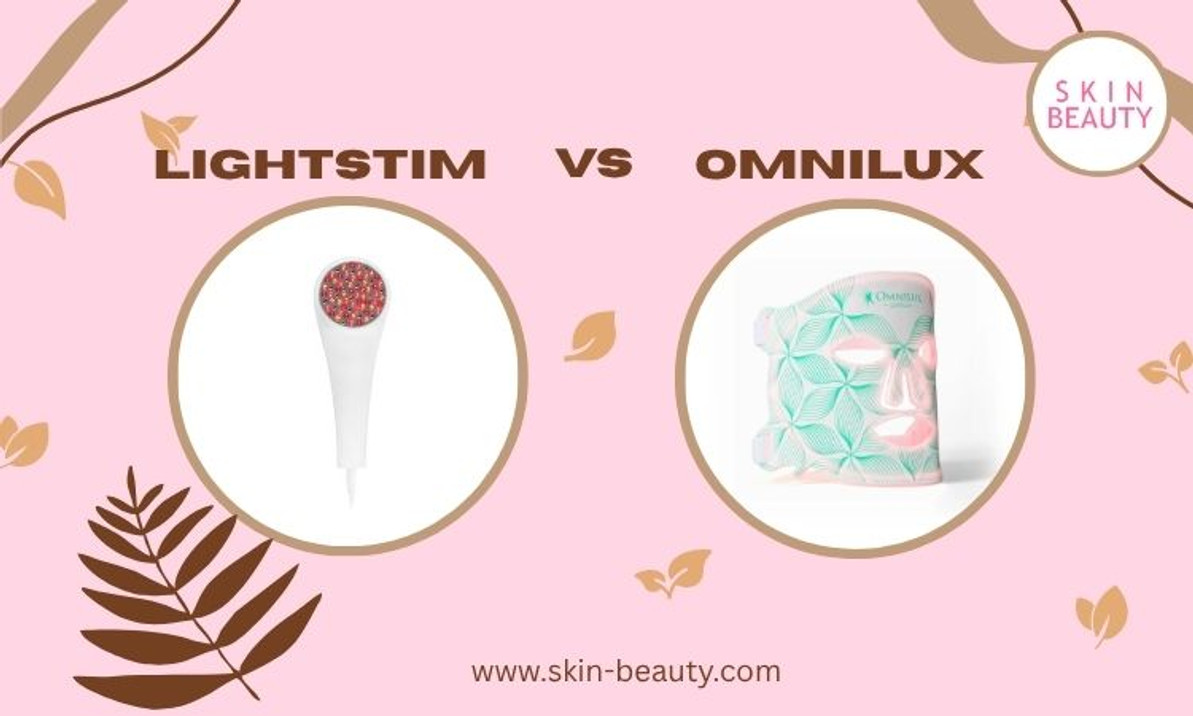Exfoliation: Tips to exfoliate face, body, and scalp
We all want beautiful, smooth, glowing skin; dead skin cells cause our skin to appear dull, and skin cell regeneration slows as we age. A slowdown in skin cell regeneration can lead to skin cell buildup, resulting in dry and flaky patches on the skin. So what can we do to keep our skin looking fabulous? Exfoliate, of course.
What is exfoliating?
Exfoliating is when you remove dead skin cells from the outermost layers of the skin using a grainy product, exfoliation tool, or chemical. Your skin cells renew and shed daily, meaning your dead cells will fall off independently. However, there are times when this doesn't happen, and dead skin cells on the face can lead to dull skin or, over time, cause clogged pores, which can lead to breakouts.
Benefits of exfoliating
Exfoliating can provide the skin with many benefits, especially regarding glowing skin. Exfoliating removes the dull and dead skin cells on the outer layer of our skin to reveal brighter and healthier undamaged skin underneath.
Other benefits of exfoliating include:
- brightening complexion
- improving skin texture
- prevents clogged pores
- stimulates collagen synthesis, keeping the skin looking plump
With so many products available, we must decide what product and method will work best for our skin. Remember that over-exfoliating the skin can make any current skin concerns worse.
Types of exfoliation
There are two types of exfoliation, chemical and physical, and depending on your skin type and concerns, one may be more beneficial than the other.
Chemical Exfoliation
Chemical exfoliation refers to using alpha and beta hydroxy acids (AHAs and BHAs) to remove dead skin cells. Most chemical exfoliant products contain glycolic, lactic, or salicylic acids. It is generally safe to use acids daily, although dermatologists and skin care professionals recommend using chemical exfoliants 2-3 times per week.
Physical Exfoliation
Physical exfoliation refers to using products with abrasive granules to slough off dead skin cells. Products like sugar scrubs, cleansers with beads, and even exfoliating tools are all physical exfoliants. Physical exfoliants, generally, work better for those with sensitive skin.
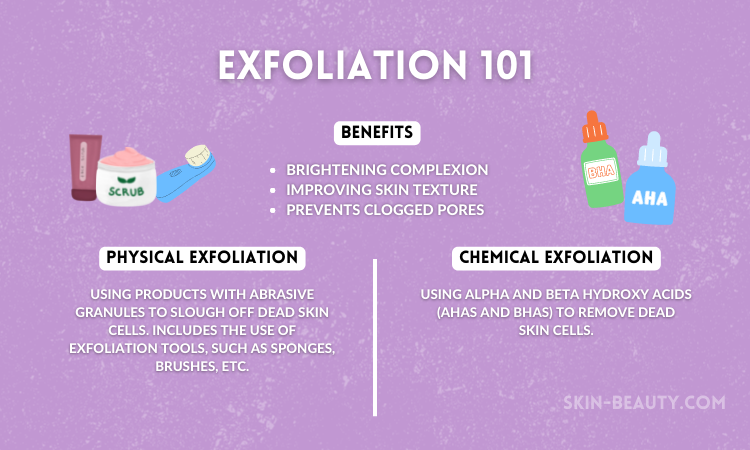
Exfoliating Body
There are many products and tools that you can use for exfoliating the body, such as dry brushes, sugar scrubs, body washes, and even lotions containing AHAs and BHAs. All of these can help keep your skin smooth and clear.
Finding the best body exfoliator can be challenging because what product works best for you will depend on your skin type and skincare goals. Some of our favorites include the following:
- Dermalogica Thermafoliant Body Scrub- the body version of the cult favorite Daily Microfoliant, this scrub is a great gentle physical exfoliant that moisturizes the body leaving glowing and radiant skin.
- Sanitas Active Body Wash- Featuring one of the most popular AHAs, glycolic acid, this chemical exfoliant helps slough off dead skill cells from the outer layers of the skin. For the most effective treatment, leave it on your body for three minutes before rinsing it off. Great for all skin types except for those with sensitive skin.
- Face Reality L-Mandelic Face and Body Scrub- This gentle scrub features cellulose beads, and the AHA mandelic acid clears dead skin cells and prevents clogged pores. Get the best of both worlds with this physical and chemical exfoliant—a great chemical body exfoliator for all skin types, including sensitive skin.
Lotions containing retinol or AHAs and BHAs are also a great way to keep your skin feeling smooth. Our editor's favorite is the PCA Skin Body Therapy which has lactic acid that, when used consistently, leaves your skin feeling very soft and smooth.
One thing we recommend looking for when shopping for the best body exfoliator is to look for encapsulated ingredients. These ingredients don't activate all at once, once they hit the skin's surface. Instead, the coating allows them to release over time, allowing the ingredients to penetrate the deeper levels of your skin and get the most benefit. The active ingredients will keep working even once you rinse off your product.
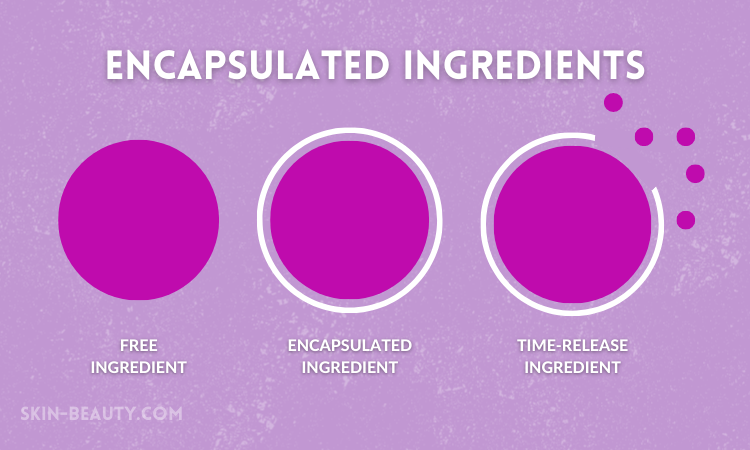
Do you exfoliate before or after shaving?
Technically you can exfoliate before and after shaving, but not immediately after shaving. Your skin is in sensitive condition after shaving. Using a scrub with granules can cause micro-tears, so it is best to avoid exfoliating immediately after shaving.
Exfoliating before shaving is great for prepping the skin and softening the hair. It can also help slough off dead skin cells to get a closer and cleaner shave.
Scalp exfoliation
Sometimes, we focus so much on our faces and bodies that we forget about our scalps. But let's not forget, our scalp is skin too, and a good scalp exfoliant can help prevent buildup, encourage hair growth and prevent dry scalp/dandruff.
There are many exfoliating scalp scrubs with granules or oils containing AHAs and BHAs that you can use to help slough off dead skin cells and keep our hair follicles clear. Some of our favorites include:
- Moroccanoil Dry Scalp Treatment- Argan oil to helps nourish and hydrate the scalp; this oil contains salicylic acid (a BHA) to help exfoliate the scalp.
- Keune Care Line Derma Exfoliate Shampoo- This anti-dandruff shampoo contains salicylic acid to help take off dead skin cells and help new flakes from forming. Great for both oily and dry scalps.
Most dermatologists and skin care professionals recommend exfoliating the scalp once a week to prevent buildup and reduce the chances of over-exfoliating and irritating your scalp. Over-exfoliating can cause micro-tears on your scalp and cause it to dry out and flake.
Best exfoliator for face
Exfoliating your face is the most common type of skin exfoliation. Unfortunately, this can also be the easiest and quickest way to damage your skin. Both physical and chemical exfoliants, while helpful, can cause micro-tears in the skin or cause chemical burns if you over-exfoliate the skin.
Finding the best exfoliant for your face depends on your type of exfoliant and your skin type. Generally, physical exfoliants are not recommended for sensitive skin types, but one could argue that gentle exfoliating powders could be considered a physical exfoliant.
If you are searching for the best exfoliator for your face, start by looking at your skin type. We suggest:
- Oily skin- Both exfoliants can work well for this skin type. Suppose you want the best of both worlds. In that case, you can mix in a powder like the Dermalogica Daily Microfoliant with a chemical exfoliating cleanser, or you can use an exfoliating toner such as the Sanitas GlycoSolution 5%.
- Dry skin- Physical and chemical exfoliants work well for dry skin, although physical exfoliants can make it easier to over-exfoliate your skin. ThePCA Skin Daily Exfoliantis a gentle daily chemical exfoliant that is ideal for dry skin due to its moisture-retaining ingredients.
- Mature skin- This type benefits from chemical exfoliation because most AHA's and BHA's can help with skin texture and firmness. However, physical exfoliants with fine granules or made out of powders are also gentle enough. We recommend Glymed Plus Anti-Aging Exfoliant Masque, a gentle mask that features AHA's and jojoba beads for exfoliation.
- Normal skin- Both types of exfoliation will work for this skin type. Our best-selling Skin Script Glycolic and Retinol Pads are effective pads that help remove dead skin cells.
- Acne-prone skin- With acne-prone skin, we want to avoid irritating any breakouts of inflammation so physical exfoliants may be too abrasive. Chemical exfoliants will be ideal for this skin type because they aid in renewing skin cells but can also help kill acne-causing bacteria. The Face Reality Acne Face and Body Wash has benzoyl peroxide to help exfoliate and kill bacteria.
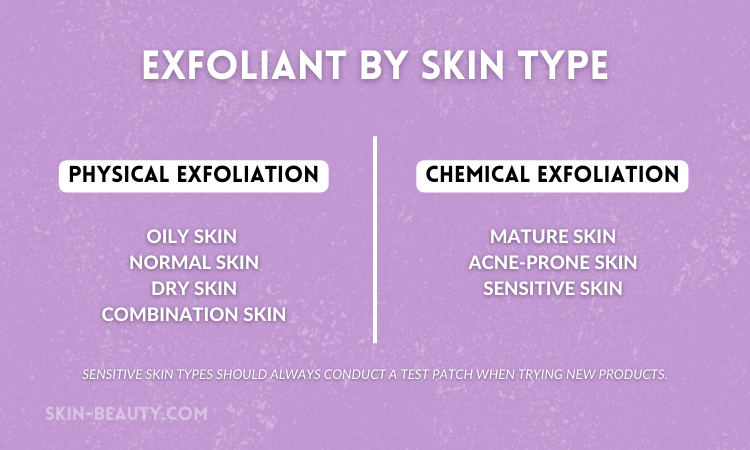
Best exfoliator for sensitive skin
Finding the best exfoliator for sensitive skin can be a challenge because everyone's skin is different and unique. Someone may have slightly sensitive skin, while others have extremely sensitive acneic skin, and you have some people saying sensitive skin types should never use exfoliants while others say otherwise. We do suggest that if you have extremely sensitive skin due to a medical condition, skip the exfoliation altogether or consult with a medical professional.
When it comes to sensitive skin, a physical exfoliant will work, but we suggest using a powder exfoliant like the Dermalogica Daily Milkfoliant, which has an oat-based powder that can be gentle enough for most sensitive skin types. Most powder-based exfoliants should be gentle enough for daily use, but you should always conduct a test patch to be sure.
Chemical exfoliants (AHAs and BHAs) are so commonly used and always recommended by social media and influencers. There are always new products coming out, and it can be hard to find something that is going to be gentle enough for sensitive skin. Using too much and too high of a concentration can result in a chemical burn, which, once healed, can result in discoloration. We recommend trying out lactic and mandelic acids for a chemical exfoliant. These AHAs are the gentlest out of the alpha hydroxy acids, making them ideal for sensitive skin.
A chemical exfoliant for sensitive skin, suggested by our sensitive skin editor, is the Face Reality L-Mandelic Face and Body Wash. It is gentle enough not to aggravate her sensitive skin but provides some type of exfoliation, and because it has no beads or granules, you don't have to worry about micro-tears in the skin. Of course, not all sensitive skin types are made the same so conduct a patch test first.
Exfoliating is a great way to smooth out skin texture and get bright glowing skin. But, as with other things, too much of a good thing can result in micro-tears in the skin, skin damage, or even chemical burns. Remember to always conduct a test patch before trying new products or speak with a skincare professional.
Recent Posts
-
Hyaluronic Acid Injections
Hyaluronic Acid Injections: What to Know & Non-Invasive Alternatives That Actually Work In the p …Jun 17th 2025 -
Kojic Acid Creams
My Kojic Acid Journey: How One Ingredient Transformed My Skin (And the Best Kojic Acid Creams to Try …Jun 11th 2025 -
LightStim vs. Omnilux
LightStim vs. Omnilux: My Real LED Skincare Results & Which One I Recommend LED light therapy&nb …Jun 3rd 2025


